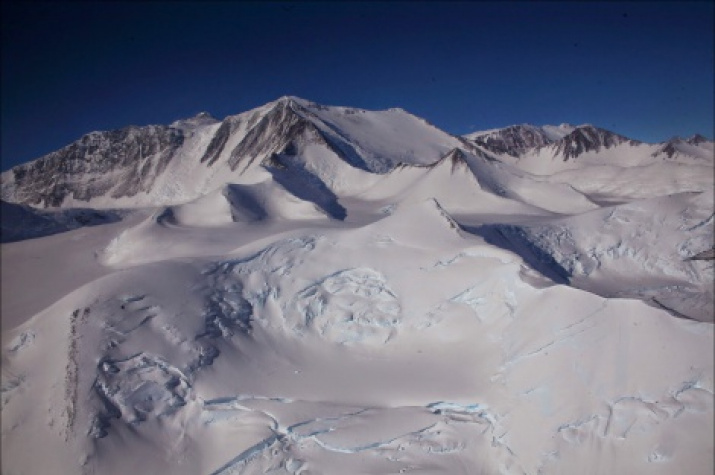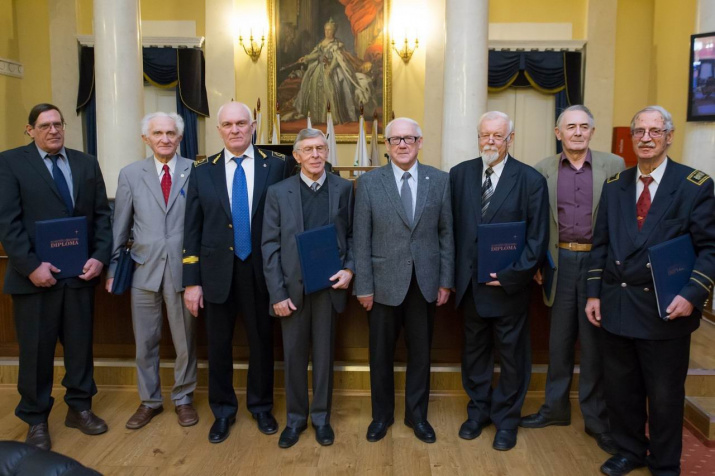Russian researchers made a scientific discovery during drilling operations on Polar Station Vostok in Antarctica. It was called “Layered flotation effect of ice masses of Antarctica ice sheet”.
Discovery made possible establishing new, previously unknown regularities of ice motion in Antarctica and its results were used for perfecting drilling technology and ice core analyzing.
Decision on awarding Russian scientists’ research work of discovery status was made by International Academy of Authors of Scientific Discoveries and Inventions, and International Association of Authors of Scientific Discoveries.
“The sum and substance of the discovery is that previously unknown layered flotation effect of ice masses of Antarctica ice sheet up to a depth of 500 meters was found. Glacial formation is made of separate ice layers whose structure differs in each individual near-horizontal strata. This fact is behind the non-monotonic changes of speed and direction of ice flotation with the depth, what reflects on structure of the entire ice sheet” – said Academician Vladimir Kotlyakov.
Honorary President of the Russian Geographical Society, Director of the Institute of Geography of the RAS, Academician Vladimir Kotlyakov is one of the authors of the scientific discovery. Authoring team also includes rector of the National Mineral Resources University in St. Petersburg Vladimir Litvinenko, Alexey Markov, Oleg Putikov, Dmitry Dmitriev, Vladimir Golubev, Mikhail Leonov, Alexey Lukyanov, Konstantin Blinov, Valery Lukin, Igor Zotikov and Boris Kudryashov.
Diploma delivery ceremony was held recently in St. Petersburg National Mineral Resources University. President of the International Academy of Authors of Scientific Discoveries professor Vladimir Pototsky visited the Northern Capital to compliment the researchers with the discovery.



